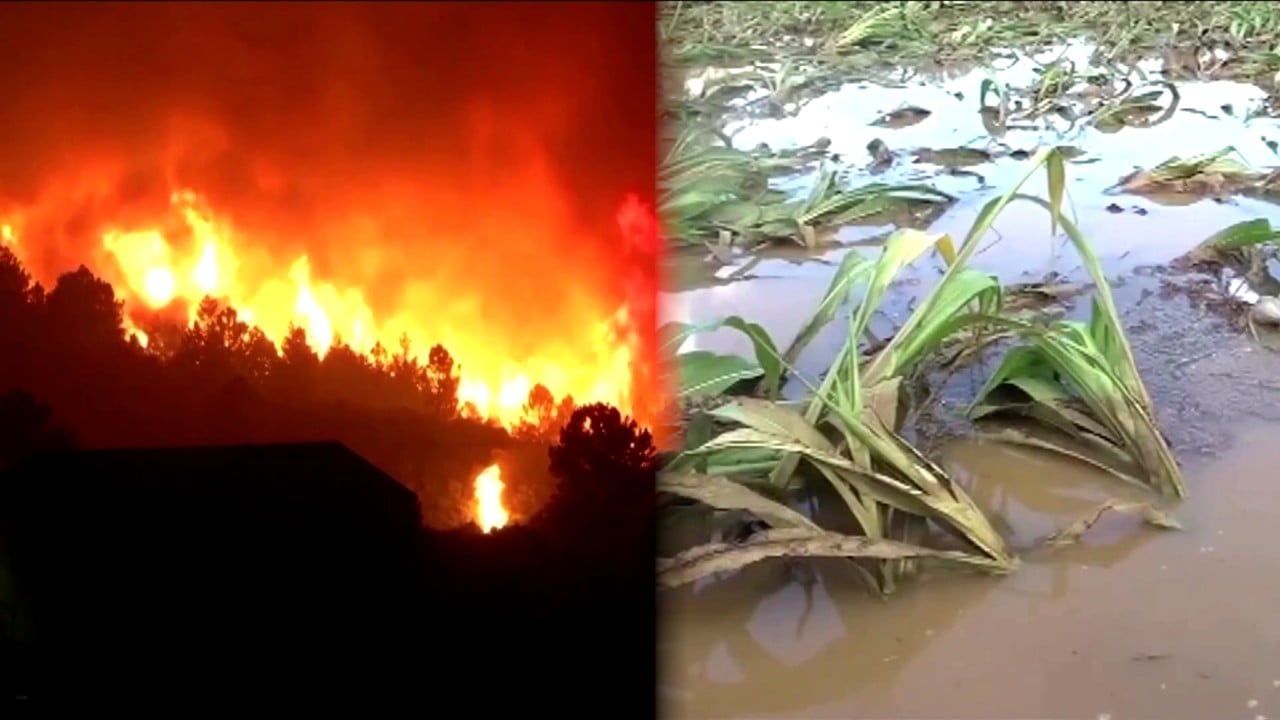
As Asia heats up, leaders must look beyond domestic concerns and unite for climate
- Asia’s energy needs are expected to increase in the future, but the road ahead is fraught with pitfalls as the region tries to wean itself off fossil fuels
- Since every country can be affected by volatile weather patterns, sharing regional resources can be invaluable
After imposing a partial rice export ban that caused international prices to spike to 15-year-highs, New Delhi introduced a 40 per cent export duty on onions. Jakarta also forked out a hefty sum to stabilise prices and boost national food security.
It is clear protecting national interests alone will not suffice. Only coordinated regional responses can mitigate climate change’s impact
Since then, crude oil has climbed to US$85 per barrel from US$72 in June, tormenting Asian consumers who account for 70 per cent of global demand. Fortunately, regional leaders can make amends at a G20 ministerial meeting in Delhi next month.
The International Institute for Sustainable Development said in a report on Wednesday that G20 members poured in US$1.4 trillion to support fossil fuels in 2022, including subsidies worth US$1 trillion.
As El Nino upsets India’s food supplies, will it cause prices to ‘shoot up’?
“If [the] India and China conflict plays out, then this whole G20 meeting will be dead in the water,” said Biswajit Dhar, a trade expert and a distinguished professor at the Council for Social Development, a Delhi-based research institution.
There are signs of a thaw between the sides. Indian and Chinese military officials, who met earlier this month, issued a joint statement to maintain peace in border areas, marking a toning down in rhetoric.
Both China and India reacted angrily to the move, which could make their goods as well as that of other emerging nations uncompetitive. However, the region’s major economies will also need to shoulder a much larger responsibility to facilitate domestic mechanisms to price dirty energy.
It will be key to establishing a global framework and opening a path for future clean fuels like green hydrogen.
Asia’s rich kids urged to give ‘boldly’ to tackle climate crisis, inequality
“We need to level the playing field by pricing in carbon emissions; that is the key policy required before Green Hydrogen development will really scale up,” said Tim Buckley, director of think tank Climate Energy Finance.
In a 1985 speech to the US Congress on climate change, astrophysicist Carl Sagan urged that nations will have to prepare for “a kind of trading off benefits and suffering and that requires a degree of international amity, which certainly does not exist today”.
After this year’s record-breaking heat spell, it is time for Asia’s leaders to heed the warning and come together on a common platform.
Biman Mukherji is a Senior Correspondent at the Post’s Asia desk


